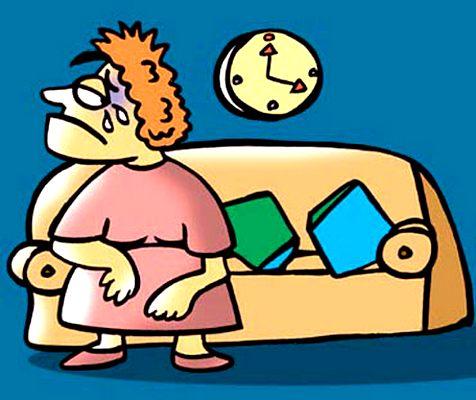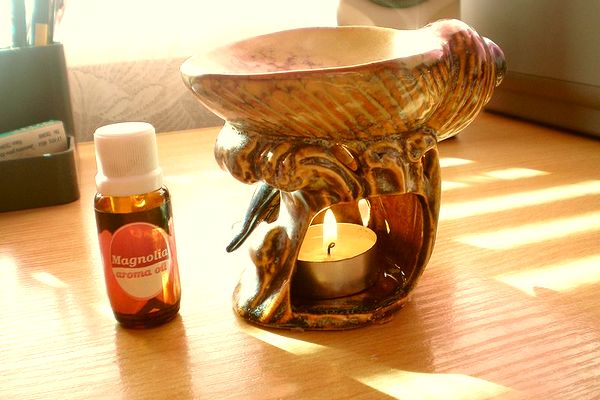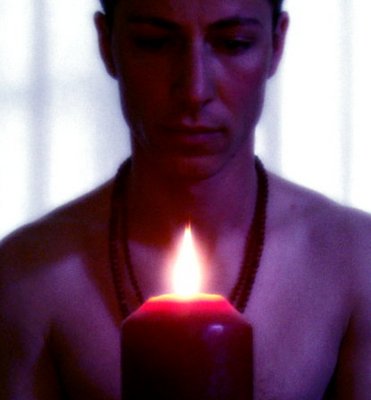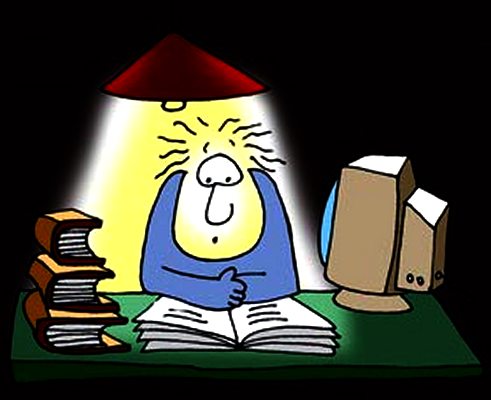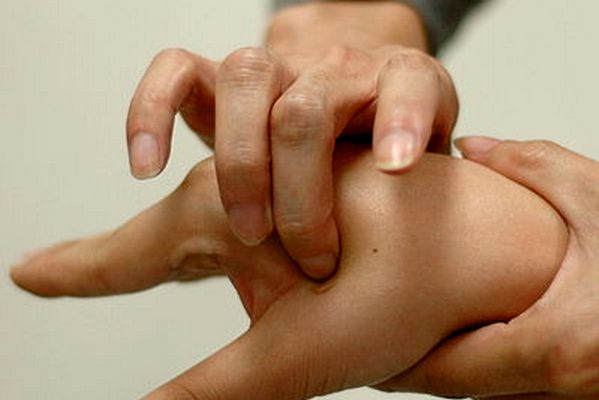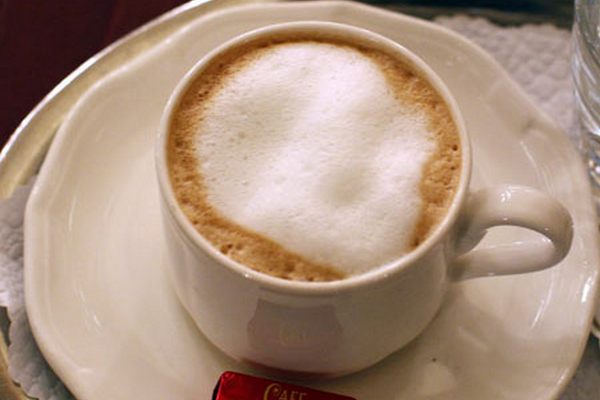 | « Back to article | Print this article |
How to get good sleep in 2013
Shameem Akthar, yogacharya, trained with the Sivananda Yoga Vedanta Center, Kerala on how you can beat insomnia.
Sleeplessness may not be given the same seriousness as other physical problems. But it can seriously affect the quality of light. Some common causes, but not well known, include eating sweets, chocolates, high energy foods, overeating, undereating, exercising just before sleeping, depression, hyperanxiety, even certain medications used to treat uro-genital problems, consuming painkillers and the menstrual cycle itself.
While some causes may not be directly dealt with (example, menstrual cycle), others as you may see, are lifestyle ones and may be handled if you begin to appreciate the actual trigger for your bout of insomnia.
Shameem Akthar, yogacharya trained with the Sivananda Yoga Vedanta Center, gives you a few tips on how you may try to deal with this.
Illustration: Uttam Ghosh
Aromatherapy
The safest aroma oil to use to promote deep sleep (though avoidable in excessive low blood pressure) is lavender. It has sedative and calming properties, is healing and can deal with several emotional problems that trigger sleeplessness, such as anxiety, anger, mood yo-yos, depression.
Other oils are marjoram, neroli, roman chamomile (another safe oil). Remember, however, such oils are best prescribed by a qualified expert who knows your exact insomnia trigger. For children, some oils are contraindicated and others have to be specially prescribed in controlled doses. Such oils may be used as bath oils, sprinkled on pillow, or kerchiefs, or in diffusers, foot massages.
Yoga
In yoga, trataka before sleep time helps relax a restless mind. Basically, trataka is a premeditative practice which involves gazing with focus at any object, ideally neutral and geometric, like a yantra, a dot or a candle flame.
The candle flame is not recommended for those with epilepsy. Keep the object at eyelevel, and sitting yourself so you can face it, and in a seated meditative posture is a good way to start.
You need to stare at the object till tears flow. Sometimes, interestingly, it may flow in one eye only. Or till you blink. At no point should you strain, but just flow with the practice.
After each time you blink, you must rub your palms firmly, to generate warmth and place either palm on your closed eyelids, to feel the socket of your eyes. Wait till the warmth penetrates and the eyes relax. The duration should be increased only slowly, with daily practice. Those with severe eye problems, however, must avoid such practices. They may, instead try harmonizing and balancing practices like the alternate nostril breathing (anulom vilom), bhramari (humming bee) shortly before sleeping.
Doing yoga nidra, a meditative practice lying in the corpse pose, on your own or with the help of a tape (which is more effective) is a great way to drift off into deep delta mode!
Read this article by Shameem Akhtar on yoga poses to help you cure insomnia and this blog post.
Bedroom and you
Not having your worktable in your bedroom would ensure that you do not end up sleep deprived.
Working (or eating) in the bed is another no-no. Bright sunny colours (eg yellow, reds, oranges) on the wall, bed linen, can also stimulate the brain, keeping it awake.
Instead choose soothing tones of blue, green, purple or pinks. If the windows open into roads or spaces which allow too much light, consider curtains or dark films for the windows.
Acupressure
The insomnia cure in acupressure is easy: the indents below the ankle joint are the points. You need to maintain a steady pressure at that spot with your thumb, or index finger or a acupressure tool. Pressing these points as and when needed will give you terrific control over a problem that could, otherwise, appear insurmountable.
Nutrition and sleep
If you have starved yourself before sleep, it is likely that your protesting stomach could keep you awake. On the other hand, sleeping immediately after a heavy meal will cause discomfort, such as acid reflux, which could make the nasty unwelcome wake-up call.
The biggest culprit is eating high energy foods such as dark chocolate, or drinking sugar-loaded ice-cream, desserts could also cause a blood sugar spike and yo-yo that will stimulate the mind, and keep you wide awake.
Coffee, teas are equally at fault. Medications that are used to control menstrual problems, certain pain-killers can also cause sleeplessness. You need to check the side-effects of such prescriptions with your doctor to ensure you do not suffer from sleeplessness from their usage.
Common sense!
Some 'mistakes' that could trigger insomnia, and which may be simply avoided, include the following:
Avoid exercising just before sleeping. This stimulates the body and mind and will keep you awake.
Avoid working in the space where you sleep. It has a psychological hangover which will keep you awake.
Avoid reading a racy novel or watching a thriller, just before you sleep. These too stimulate and excite the mind.
If prone to insomnia, do not watch TV or work on computer, just before winding down. The flash of light that these create is well known to interfere with the pineal gland and sleep hormones.
Do not drink too much water just before sleeping. The urge to urinate will surely wake you up!
